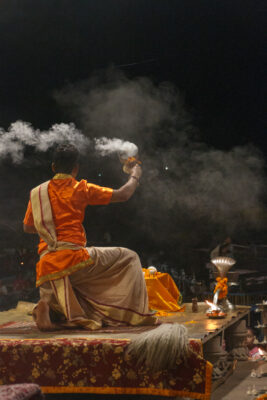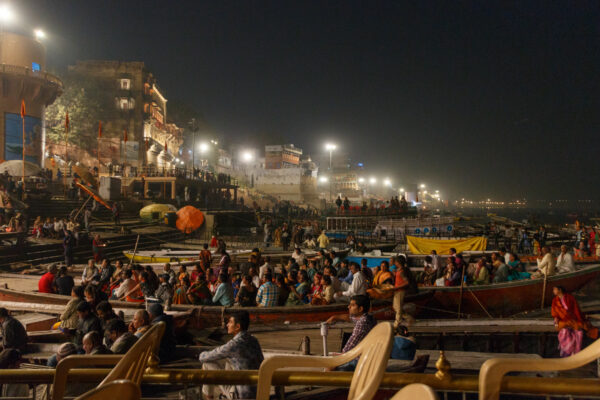Dhe word werden is somewhat distorted in German: "Das wird doch nix!", or "Das wird schon...". There is something causal in the German 'werden', a process of development. In English, the word 'becoming' is more beautiful, something comes into being. It is more open: 'coming into being'. In French, Deleuze speaks of 'devenir', of "something coming", it is more active, a movement, away from something towards something else. It is important to perceive such small subtle differences when dealing with Deleuze's thinking, because that is the school of postmodern thinking, to see something in such small differences, the differences and structures that was not visible before. So when Deleuze, in the English translation of 'What is Philosophy' says "becoming is an extreme contiguity within a coupling of to sensations without resemblance or, on the contrary, in the distance of a light that captures both of them in a single reflection." I had to read this sentence over and over again for many years to understand it. Two sensations that are not similar touch each other, as in the distance of a light that captures both sensations in a single reflection. You have to pause a little.
For example, what is the difference between 'arising' and 'becoming'? Is there a 'becoming' in the physical world? In the world of atoms and physical forces, the law of conservation of energy applies. Matter and energy can change, their arrangement can change, E=mc2 etc... But a process of 'becoming' in the sense of becoming or devenir is something else. This is about sensations, sensory impressions, consciousness. How do two sensations become a sense impression? How does one sensory impression become another? How does consciousness change over time? How does a person change? What do I see on a screen? Who hears when I hear? This is the world of becoming. Sensations are contingent. They unite to form a more comprehensive sensory impression. They do not do this by merging or being grouped by similarity, but in a reflection. A reflection of a distant light that unites several sensations. The image is beautiful. However, the reflection is not an image, not a representation, but reflects light. In this reflection, very different elements can be very close to each other, great contrasts can appear harmonious, different qualities can touch each other.
But where does the light come from, in the distance? And where is the reflection perceived? Who sees when they see? The reflection of light and sound, warmth and impulse has its origin in vibration and creates vibration on contact. These impressions unite in consciousness, they become awareness.
-







